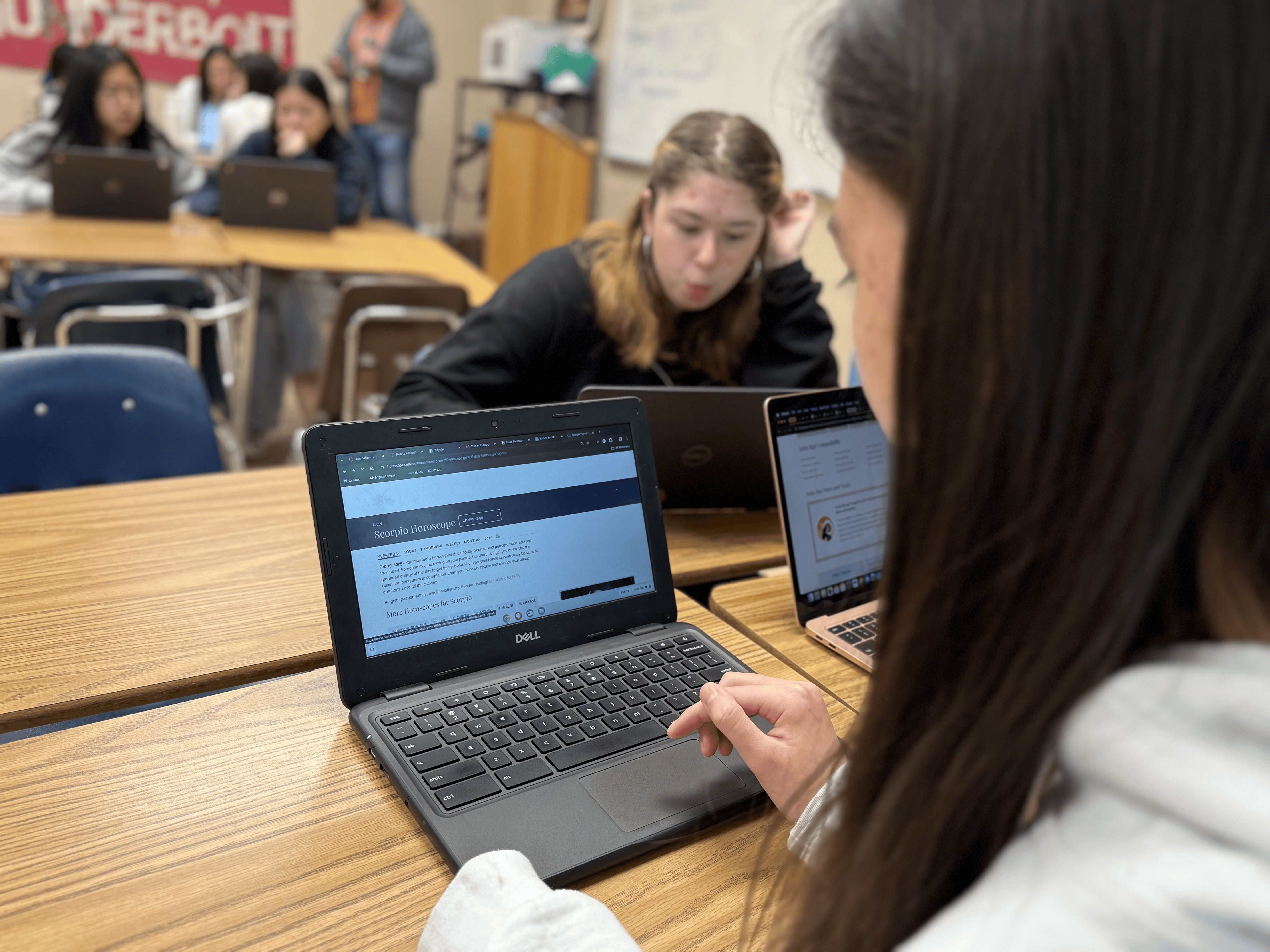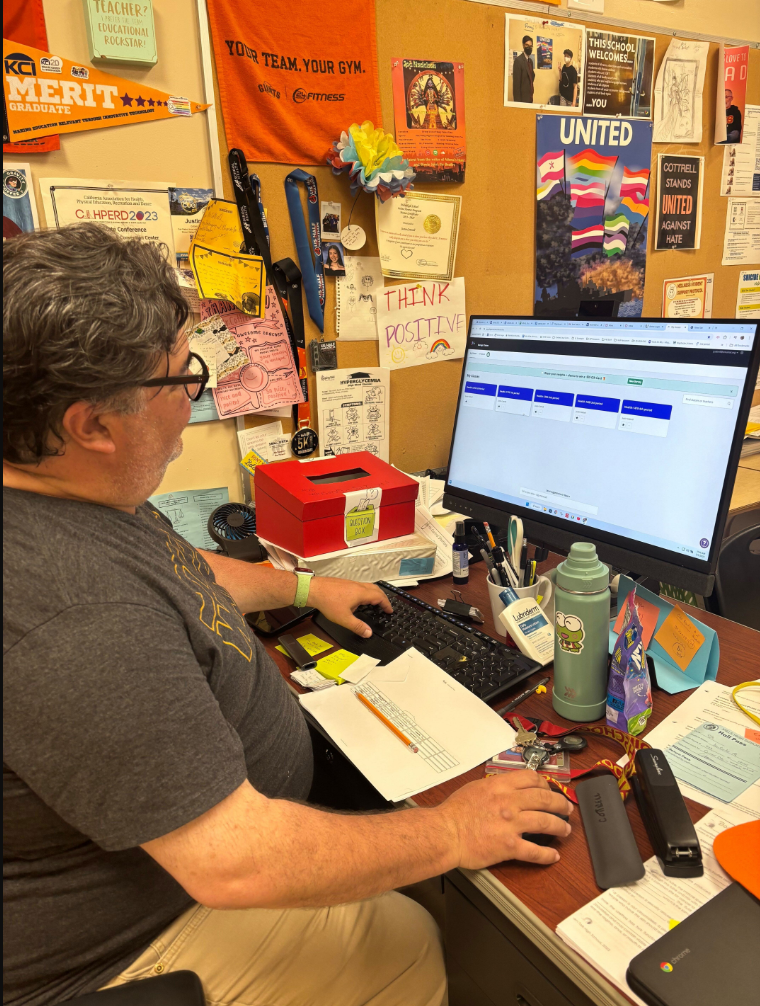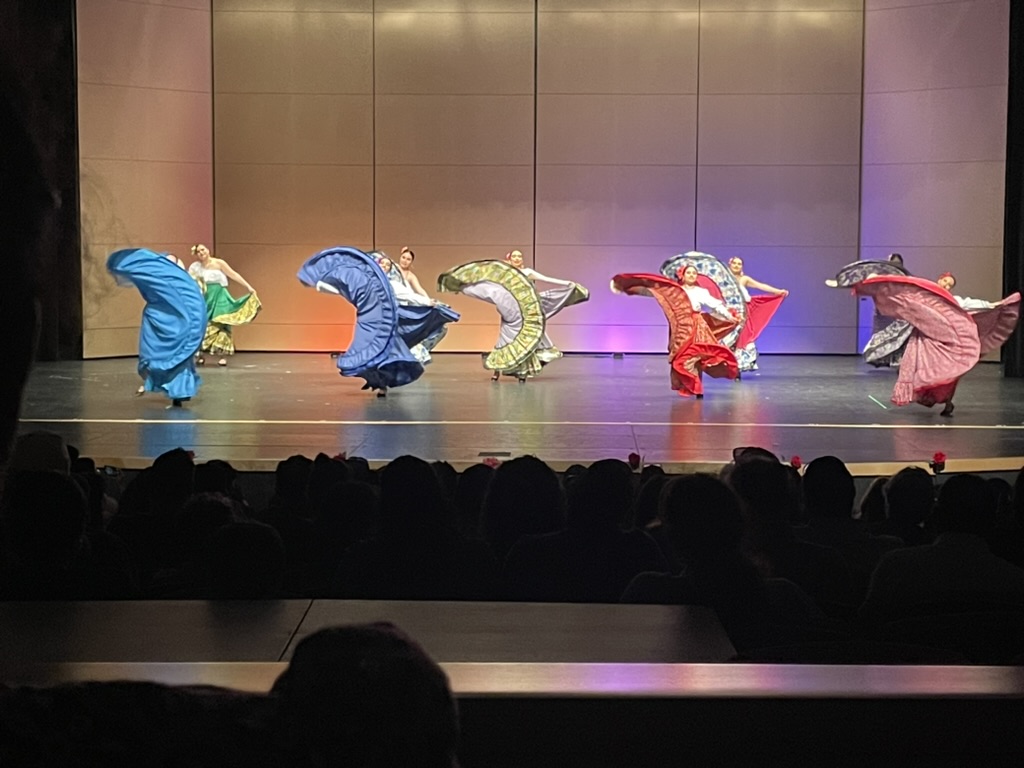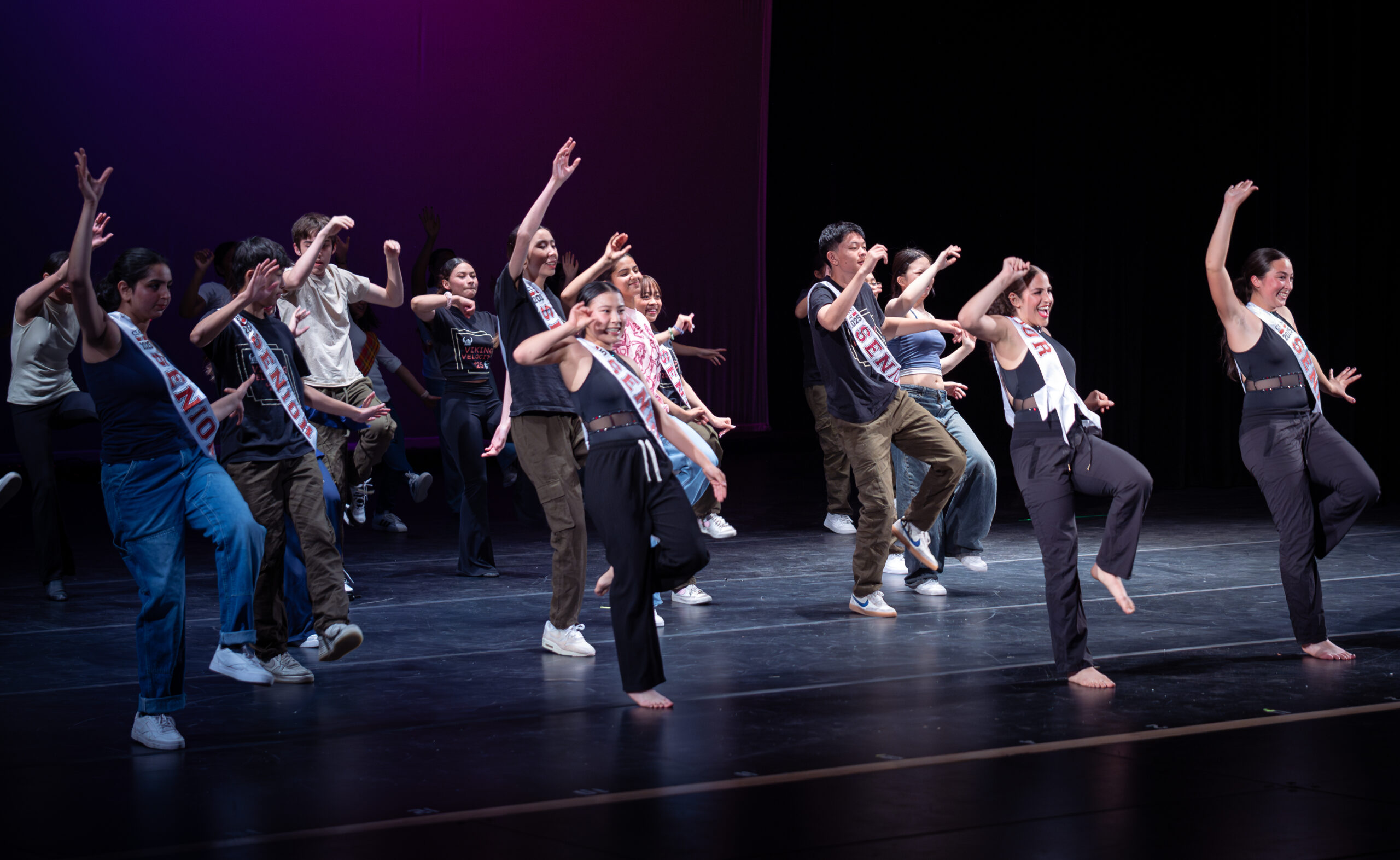
By: Tianyou Lee, Staff Writer
One in four Americans believe in their zodiac sign. An estimated 50 million people have taken the Myers-Brigg Types Indicator test worldwide. Yet both astrology and MBTI types are widely regarded as pseudoscience by professionals, having little to no scientific basis and often producing inaccurate results.
So why do zodiac signs and unreliable personality tests still maintain widespread popularity? Undoubtedly, what they tell you should be taken with a grain of salt. But for many people, horoscopes and MBTI types are an accessible start towards deeper self-analysis — and just plain fun.
Astrology, or the practice of observing celestial bodies to predict human events, has a basis in Mesopotamia around the third millennium BCE, and its Western branch was developed in Ancient Greece during the Hellenistic period. One of the most popular aspects of Western astrology is the zodiac, which divides individuals into 12 signs based on their birthdays. Different signs are associated with different personality traits: Leos (born between July 23 and Aug. 22) are characterized as confident, warm, and creative, while Libras (born between Sept. 23 and Oct. 21) are well-balanced, compassionate, and charming.
Meanwhile, the MBTI test was created by Katharine Cook Briggs and her daughter Isabel Briggs Myer. They developed the assessment from the ideas of psychiatrist Carl Gustav Jung and his book Psychological Types and first published it in 1962. Through the test, takers answer questions to determine whether they’re inclined toward introversion or extraversion, sensing or intuition, thinking or feeling, and judging and perceiving. Based on what ends they land at from the four spectrums, there are 16 possible combinations of the traits, or 16 personality types. For example, if your results show you’re extraverted, observant, feeling, and prospecting, you’d be an ESFP, someone who is spontaneous, bold, and social.
Both the zodiac and the MBTI assessment have maintained widespread popularity to this day. A 2022 YouGov survey of 3,472 American adults revealed that 27% of them believe in astrology. According to The Myer-Briggs Company’s website, 2 million people take their test every year.
Their prevalence, however, is not indicative of accuracy. Astrology is widely considered to be pseudoscience; no evidence shows that the position of celestial bodies affects events on Earth. There is no scientific proof that the day you’re born on has any effect on your personality or future. One study included in the 2020 American Psychological Association paper “Disentangling Stereotypes From Social Reality: Astrological Stereotypes and Discrimination in China” made 173,709 Chinese participants take the Big Five personality test and “found that astrological sign did not significantly predict any of the personality traits” (15).
At first glance, and especially in comparison to the zodiac, the MBTI test seems to be thorough and based on actual methodology. Yet the assessment has attracted controversy of its own. Critics point out that the two founders did not have degrees in psychology and that Jung’s work was mostly theoretical without experiments or data to back it up. Additionally, its binary nature is another source of contention: score 54% towards introversion, and the test will categorize you as a pure introvert. One professor and psychologist, Adam Grant, rejected the MBTI assessment for its lack of reliability in retakes and problems with its categories which fail to be mutually exclusive, as he writes in his 2013 Psychology Today article aptly named “Goodbye to MBTI, the Fad That Won’t Die.”
This evidence definitely doesn’t paint a pretty picture for astrology and the MBTI test. It certainly discredits their usage in maybe more serious contexts, like choosing when or when not to hire someone based on their personality type.
However, on a more casual and individual basis, these methods of personality analysis may still lend well to further self-exploration — as long as one doesn’t take the results at face value. Zodiac signs and MBTI types can work as broad categories for individuals to scrutinize and reflect on.
Mills psychology and history teacher Donald Burdette is one fan of the MBTI test and the zodiac. The students in his psychology class take the personality test, and the book The Secret Language of Birthdays by Gary Goldschneider, which is based in astrology, was propped on his whiteboard when I came into his classroom for an interview.
The most interesting thing he told me was his approach to viewing their results. “I don’t see them as determinist. I think they give us a snapshot into ourselves that provokes introspection,” he said. “But I don’t see them as a kind of diagnostic tool that says who we are. We control who we are. We have free will, but being informed about who we might be allows us to better control the process of determining who we are.”
When looking at the zodiac and MBTI as a starting line rather than an end point, you can reach a more individualized and meaningful self-reflection. Basically, start broad and dwindle it down. If an aspect of a zodiac or MBTI type is particularly resonant, that can be focused on to serve as a pathway towards learning more about yourself.
Now personally, I still don’t see much appeal in astrology. My sign, Aries, does not match with my personality at all; I am not courageous, confident, or daring. I’m not sold on the idea that my birthday, of all things, is a strong factor on my character. The MBTI assessment, however, has given me more to ruminate on, both in the test-taking process and results. There are faults in the description of my type, INFP, and I’m sure some bias was present while I was answering the questions, but the overall description sounds familiar, and there’s certain points that are especially accurate.
Burdette brought up another point of appeal: the “interactive aspect” and entertainment, specifically in relation to the zodiac. “It’s really fun to talk to other people about it,” he told me.
While Burdette was talking about astrology’s fun factor, I found the MBTI to also be entertaining. The Thunderbolt’s News Editor Amelia Naughten (11), when she found out that I would be writing this article, used www.ddok9.com (a mildly sketchy website) to chart the dynamics in the journalism class, the robotics team, and our own friend group based on MBTI types. It provoked some good laughs, especially when certain personality types seemed to have bad relationships with everyone else in the group!
Don’t forget: astrology and the MBTI test still lack a strong scientific basis. But when viewed more casually, they can work on an individual level as avenues for further introspection and ways to have silly fun with friends.







